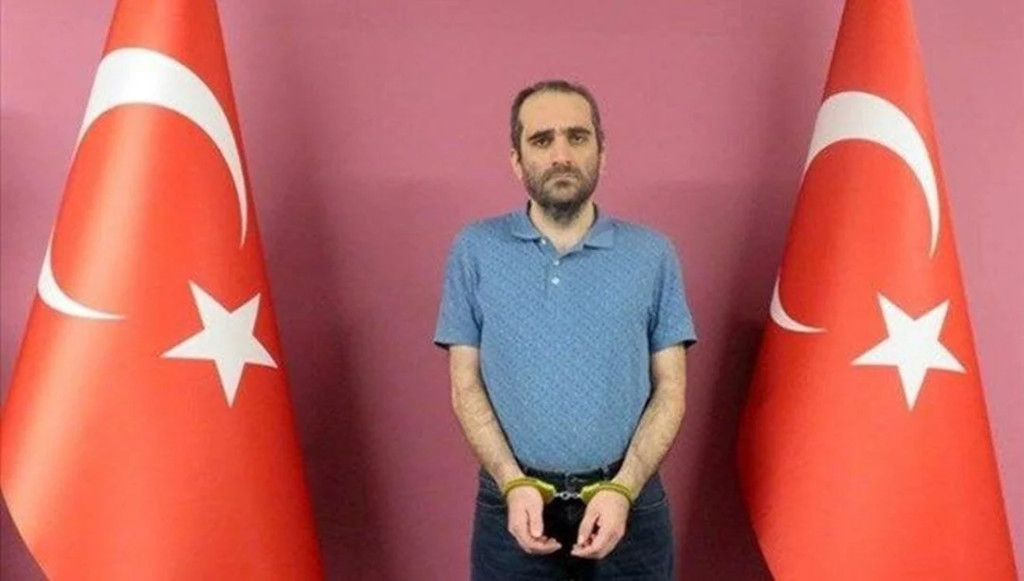A teacher who was forcibly returned from Kenya to Turkey last year due to his affiliation with the faith-based Gülen movement has been given a reduced sentence of three years, four months on charges of terrorist organization membership after he benefited from a repentance law, the state-run Anadolu news agency reported.
Selahaddin Gülen, a nephew of Islamic scholar Fethullah Gülen, was brought back to Turkey by agents from Turkey’s intelligence agency (MIT) in May 2021. He was arrested in June by an Ankara court on charges of establishing and running an armed terrorist organization.
The Turkish government accuses the Gülen movement of masterminding a coup attempt on July 15, 2016 and labels it a “terrorist organization,” although the movement strongly denies involvement in the coup attempt or any terrorist activity.
Selahaddin Gülen, who was initially given a prison sentence of 12 years on charges of terrorist organization membership at the last hearing of his trial on Tuesday, had his sentence reduced after the panel of judges considered that he could benefit from the effective repentance provision under the Turkish Penal Code (TCK), which granted him partial amnesty after he became an informant.
Media reports said Selahaddin Gülen gave the names of 212 people with links to the Gülen movement to the judicial authorities during the course of his trial.
The court, however, ruled for the continuation of the arrest of Gülen, who requested his release.
Some people who were detained or arrested over alleged Gülen links have claimed on many occasions following their release or during their trial that they were forced to benefit from the repentance law and reveal the names of the Gülen-linked people they know so that the judiciary can also hunt down those people. Some said they had to accuse others because they were threatened or subjected to acts of maltreatment or torture.
President Recep Tayyip Erdoğan has been targeting followers of the Gülen movement since the corruption investigations of December 17-25, 2013, which implicated then-Prime Minister Erdoğan, his family members and his inner circle.
Dismissing the investigations as a Gülenist coup and conspiracy against his government, Erdoğan designated the movement as a terrorist organization and began to target its members. He intensified the crackdown on the movement following the abortive putsch.
A report by Freedom House on global transnational repression in 2021 revealed the intensity, geographic reach and suddenness of the Turkish government’s campaign targeting dissidents abroad, noting that Turkey has become number one among countries that have conducted renditions from host states since 2014.
According to the report, Ankara’s campaign has primarily targeted people affiliated with the Gülen movement, but the government has started applying the same tactics to Kurdish and leftist individuals living abroad.
The Freedom House report also indicated that the Turkish government has pursued its perceived enemies in at least 30 host countries spread across the Americas, Europe, the Middle East, Africa and Asia since a 2016 coup attempt.
According to official statements by its interior ministry, Turkey has sent 800 extradition requests to 105 countries since the attempt, and more than 110 alleged members of the movement have been brought back to Turkey as part of the government’s global campaign.


